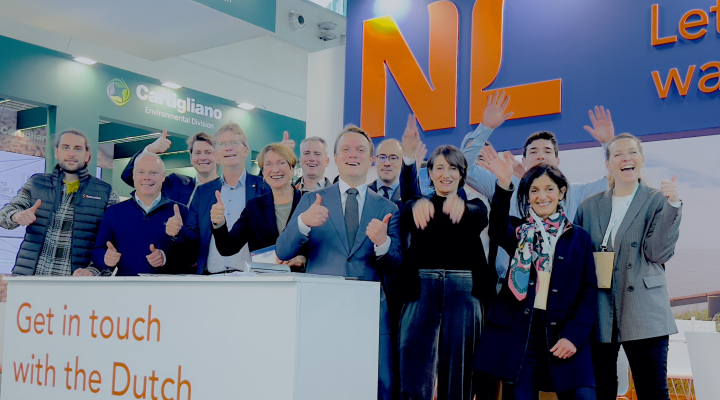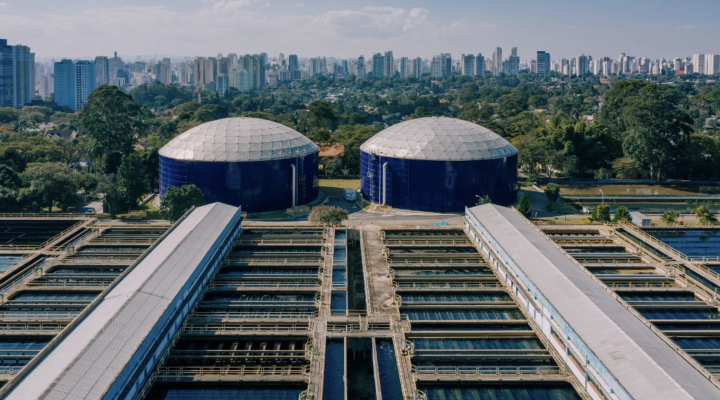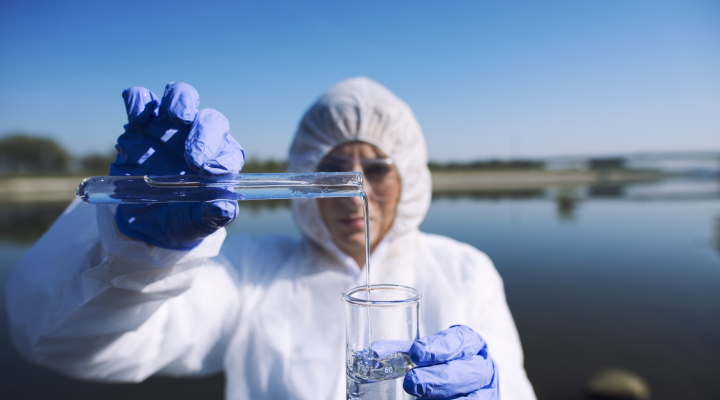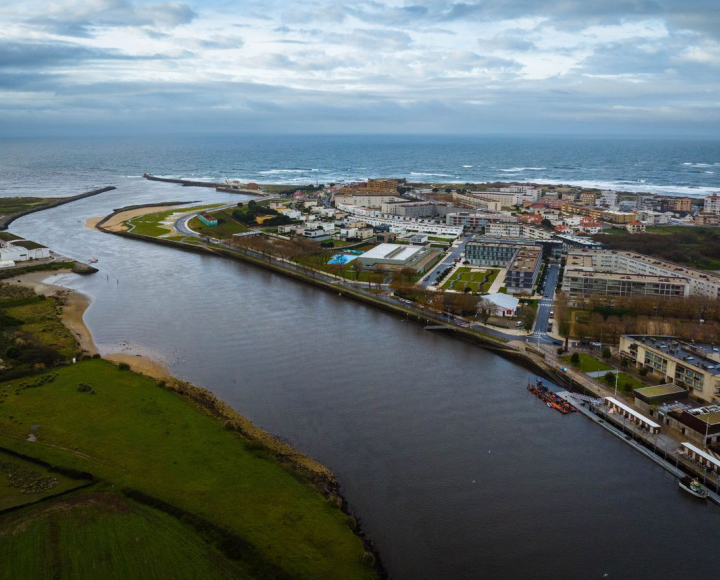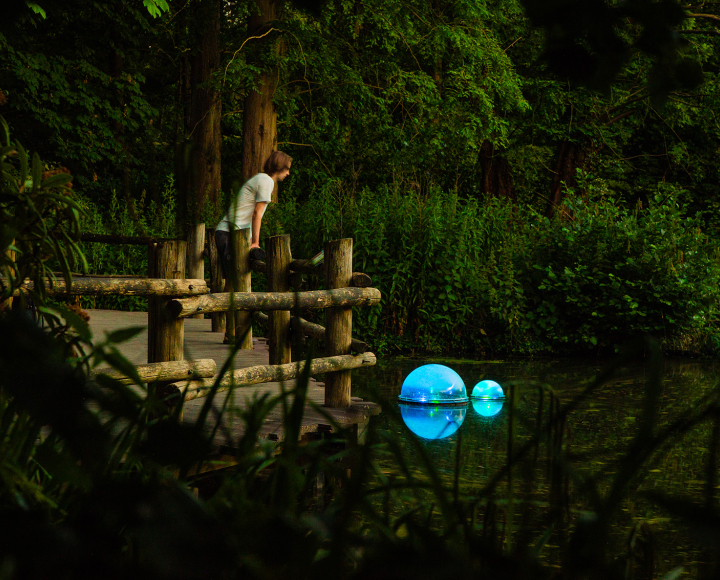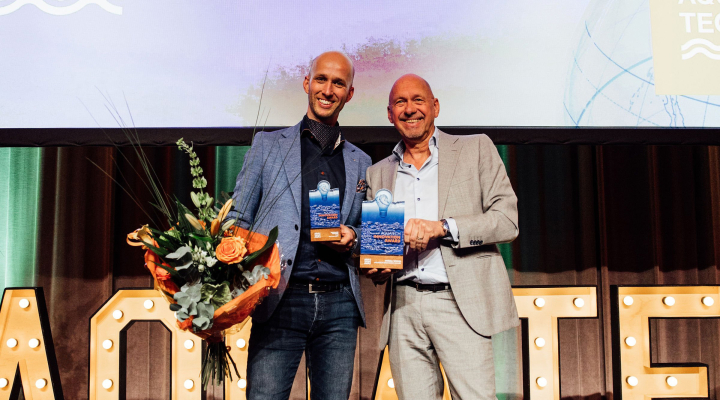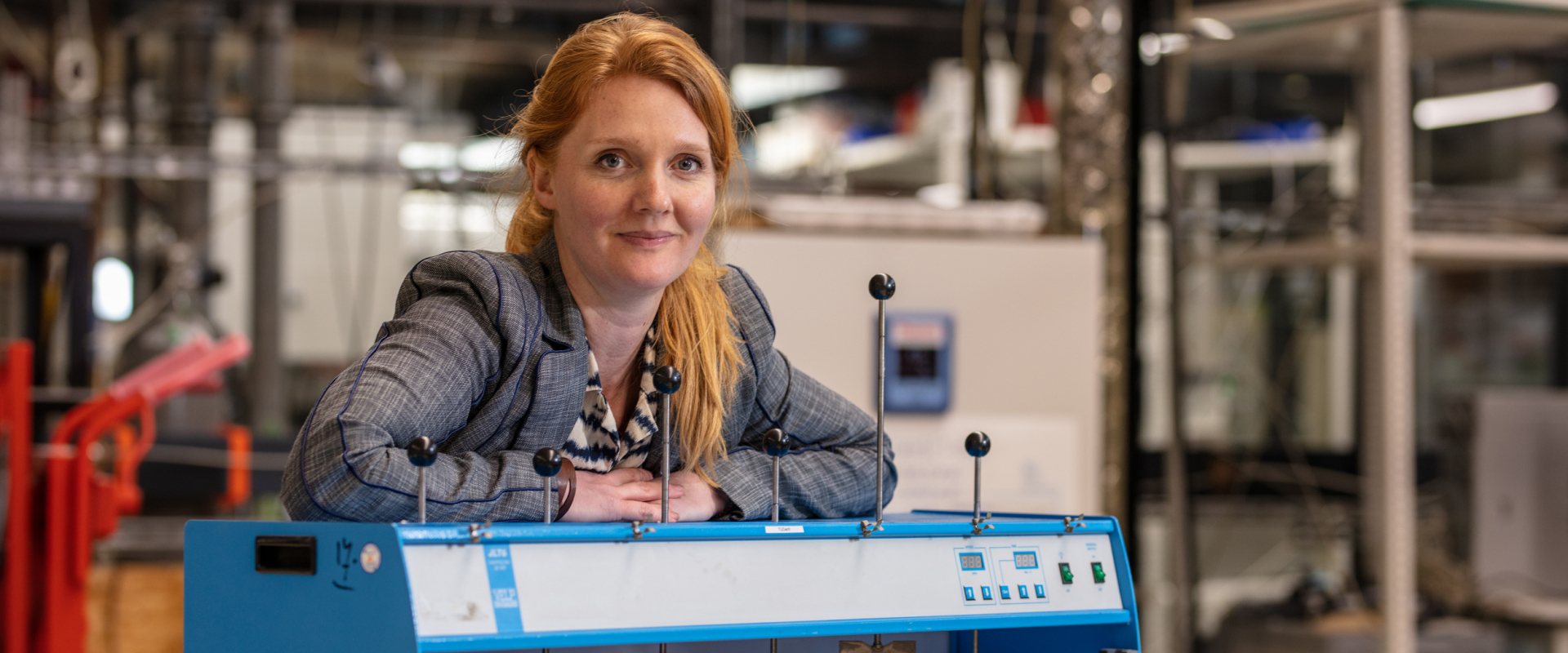
Research grants on water technology and climate adaptation
Dutch Research Council NWO has awarded 81 experienced researchers a Vidi grant worth 800,000 euros and another 161 promising young scientists a Veni grant worth up to 250,000 euros.
The grants include research on new water technologies and effects of climate change on water systems.
New line of research
The annual award of Veni and Vidi grants is part of the NWO Talent Programme that allows researchers to submit their own subject for funding. NWO thus encourages curiosity-driven and innovative research. Vidi is aimed at experienced researchers who have carried out successful research for a number of years after obtaining their PhDs. Veni is for young promising researchers to enable them to develop their own innovative line of research and set up their own research group.
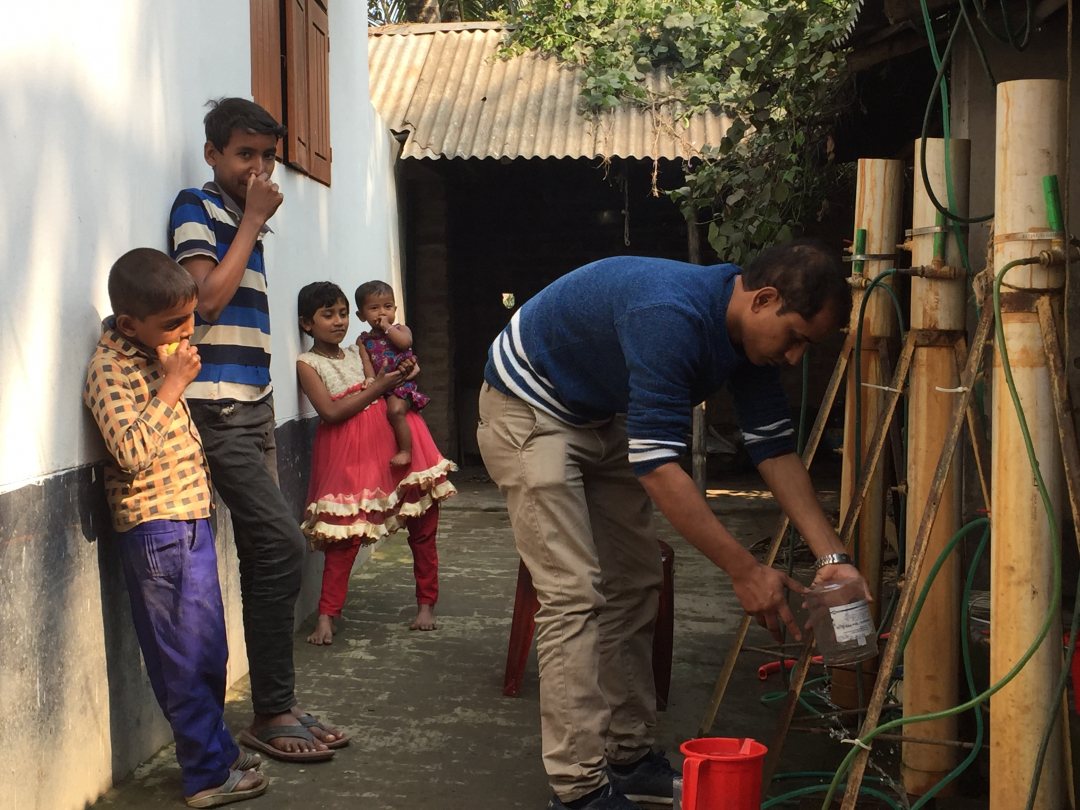

Air driven drinking water treatment
Dr. ir. Doris van Halem of the Delft University of Technology was awarded a Vidi grant worth 800,000 euros to develop her own innovative line of research and set up her own research group in the coming five years. Van Halem’s research focuses on the removal of arsenic from groundwater by postponed addition of oxygen. This new knowledge of controlled biological-chemical treatment processes will be used to develop sustainable treatment technologies.
Worldwide an estimated 140 million people don’t have safe drinking water due to the contamination of their groundwater with poisonous arsenic.
New material for desalination
Another grant for innovative water treatment technology went to dr. Martin Haase at Utrecht University. He will lead a team that is to design a sponge like material that can be used to desalinize sea water.
The material has up to a 1000 times larger filter area compared to existing technologies. Liquid transport in the filter will be optimized to considerably reduce costs for desalination plants and to miniaturize portable filters.
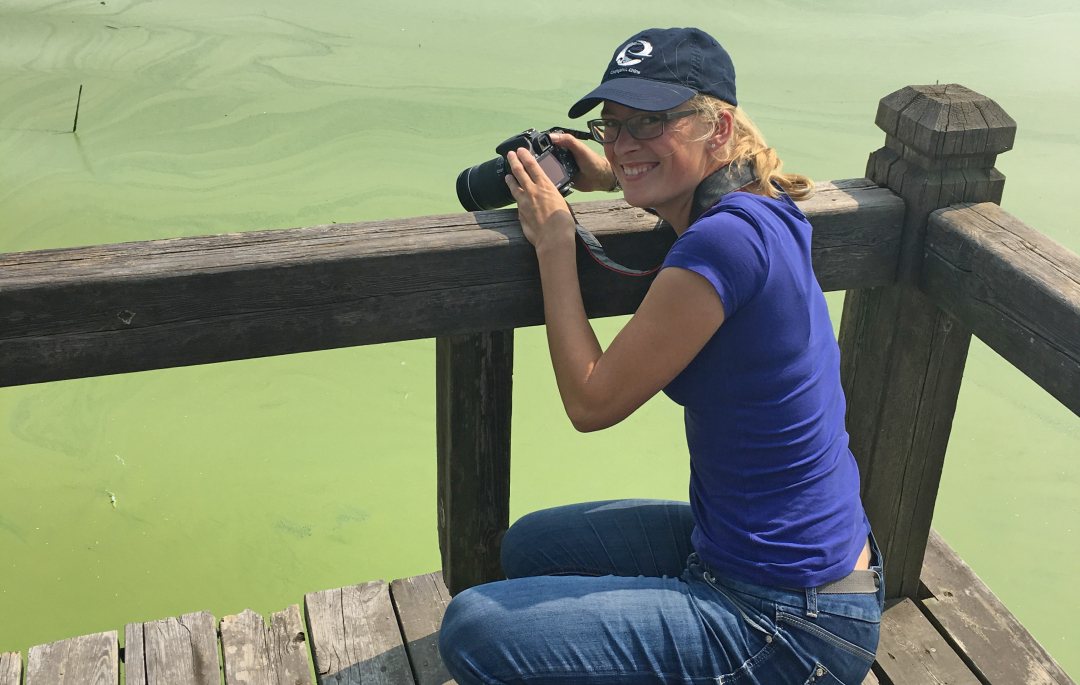

Climate adaptation
Vidi and Veni grants have also been awarded to junior and senior researchers that want to study the effects of climate change on water systems.
- Booming or blooming? Annette Janssen, Wageningen University
Research on new ways to prevent algal blooms in lakes, including studies on the interaction between society and environment.
- What are the drivers of water scarcity during droughts and heatwaves? dr. Michelle van Vliet, Utrecht University
Development of a worldwide mode for water scarcity, not only including decreasing water availability, but also water quality deterioration and increasing water use.
- CO2-storage in lakes. Mandy Velthuis, Radboud University Nijmegen
Research on the conditions under which CO2 is stored in lakes and greenhouse gasses are emitted.
More on NWO Vidi grants
More on NWO Veni grants




